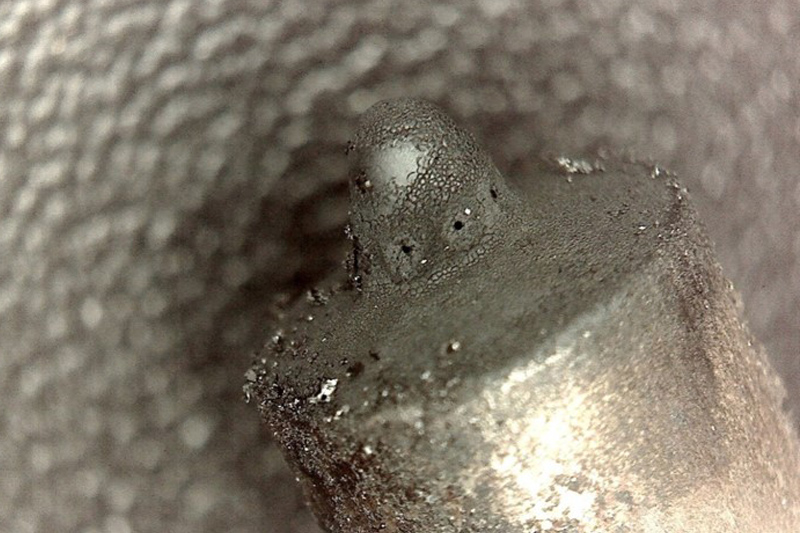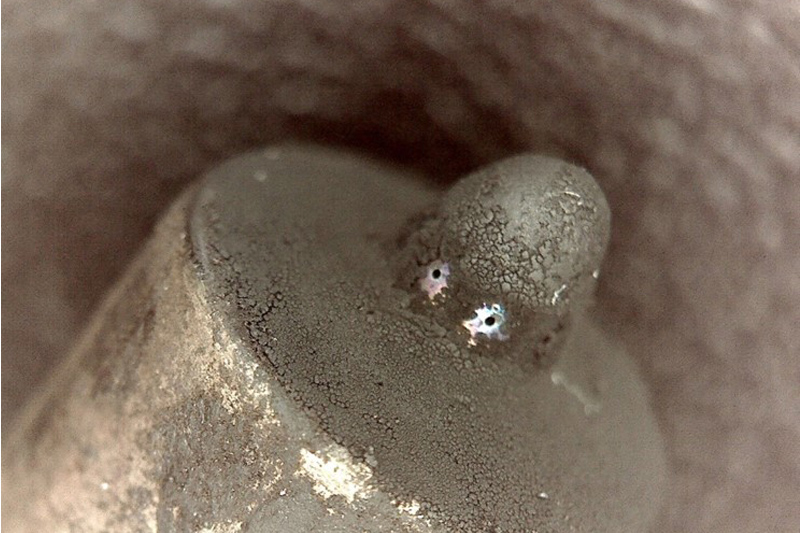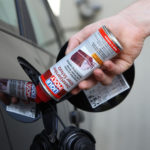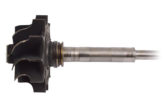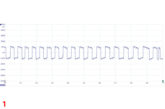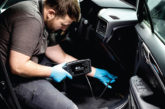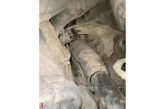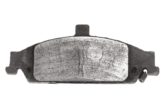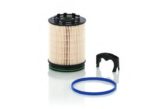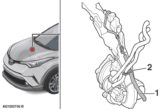A fuming diesel car doesn’t stand much of a chance when it comes to passing the MOT. However, according to Liqui Moly, the company’s additives provide an easy and low-cost remedy for even the most problematic cars that have previously failed, as well as those that have to get through the test the first time. PMM finds out more.
Problems with emission levels generally derive from a lack of clean combustion. Deposits in the injection system prevent the fuel from being finely atomised and cleanly combusted. This creates a lot of smoke – rather like putting wet wood on a fire. Which remedy you opt for will depend on whether the car has a DPF.
If it does, the filter has to be cleaned first. For this purpose, a can of Liqui Moly’s Diesel Particulate Filter Protect can be poured into the fuel tank, after which the car should be driven for about 50 miles at an engine speed that is kept as constant as possible (approx. 3,000 rpm). The additive supports regeneration of the DPF. After this, a can of the company’s Super Diesel Additive should be poured into the tank. This removes deposits from the injection system, while at the same time increasing the cetan number. The result is a much cleaner combustion process.
In vehicles without a DPF, Liqui Moly Diesel Smoke Stop is put into the fuel tank prior to the MOT test and then the car is taken out for a few miles at a constant engine speed (approx. 3,000 rpm). The additive improves soot combustion, so much less soot is discharged during the emissions test.
Both these additives are very reliable. They provide a fast and low-cost remedy for vehicles that have problems with their emission levels, so they are not just a good instrument for garages to enhance customer loyalty, they also offer the possibility of regular additive sales to car owners.
